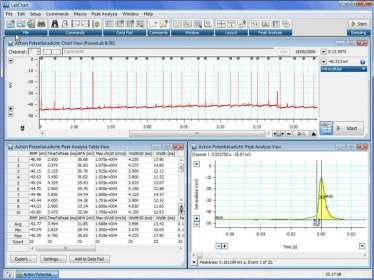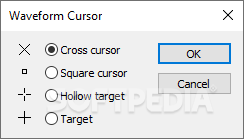

- LABCHART READER FINDING SLOPE DIFFERENTIATE PRO
- LABCHART READER FINDING SLOPE DIFFERENTIATE SOFTWARE
Surgical Instruction Video Series: Pressure Volume (PV) and Invasive Pressure - Step by step instructions for performing catheterization surgery on rodent models. PV Loop 2.5 is only compatible with LabChart v8.1.13 or later. You can download the PV Loop Module using LabChart's Feature Manager, or on our website: PV Loop 2.5 for Windows.
LABCHART READER FINDING SLOPE DIFFERENTIATE PRO
The PV Loop Module is included as part of LabChart Pro or can be purchased separately. Note: the Sinusoidal pressure fit’ and ‘Loop tangent fit’ methods are especially useful for right ventricle measurements and other situations where the PV loop has a ‘triangular’ shape.
LABCHART READER FINDING SLOPE DIFFERENTIATE SOFTWARE
The PV Loop Analysis Software offers smart presets for different animals and streamlined workflows guiding you step-by-step from calibration through to analysis. In combination with Millar’s extensive range of PV catheters - you have a highly sensitive, and minimally invasive way to measure and analyze changes in ventricular pressure-volume in small and large animals. Cardiovascular remodelling and vascular occlusions.The PV Loop Analysis Module provides instant cardiovascular function feedback based on morphology, position and timing of the loop, supporting a range of cardiovascular research areas such as:

PV loops can be generated by plotting real-time ventricular pressure against ventricular volume during a complete cardiac cycle. Ventricular pressure-volume (PV) loops are the gold standard method for measuring direct, real-time complete cardiac function, particularly myocardial contractility measurements. LabChart’s latest version of the PV Loop Analysis Module includes new features designed to give you precise and accurate measurements of right and left ventricular contractility in rats, mice and other animals. In version 2.5, we have added two new algorithms for detecting end-systole in both right and left ventricular PV loops, and in situations where your PV loop may take on a more 'triangular' shape. PV Loop 2.5: For left and right ventricle studies.


 0 kommentar(er)
0 kommentar(er)
